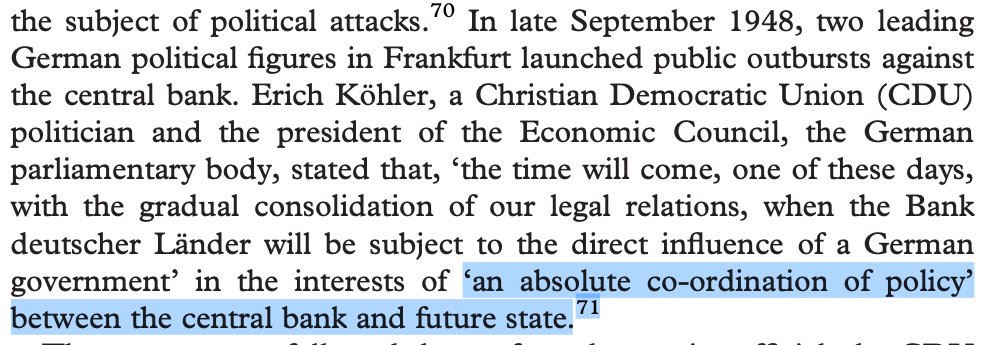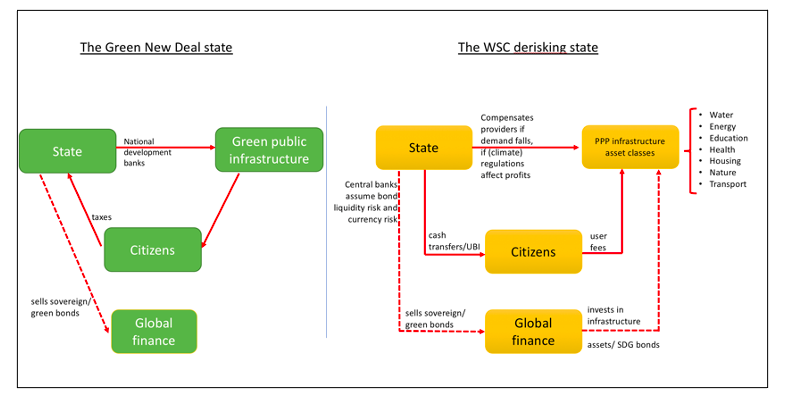
show me something more confusing than accounting capital flows in the balance of payments - this, with due respect, is not helping. cc @jonsindreu @i_aldasoro
bankunderground.co.uk/2021/01/12/how…
bankunderground.co.uk/2021/01/12/how…
in their first example, Chinese authorities have nothing to fear from Chinese residents moving their deposits to the US.
But of course, that is wrong, because down the line there will be a net loss of fx reserves for the Chinese banking system.
But of course, that is wrong, because down the line there will be a net loss of fx reserves for the Chinese banking system.

Example 2: US asset manager buys Kenyan corporate bond. There is literally no USD capital inflow in Kenya.
Helene Rey's global financial cycle obliterated out of existence.
Helene Rey's global financial cycle obliterated out of existence.

how does one get CA deficits and capital account surpluses in this story? how do we get episodes of excessive appreciating pressure on domestic currencies related to large capital inflows?
in a sense, this is a profoundly conservative story of the dollar-based global financial system, where you dont need capital controls, where there is no Rey's dilemma (monetary policy autonomy vs free capital movements).
everything neatly balances out.
everything neatly balances out.
• • •
Missing some Tweet in this thread? You can try to
force a refresh








